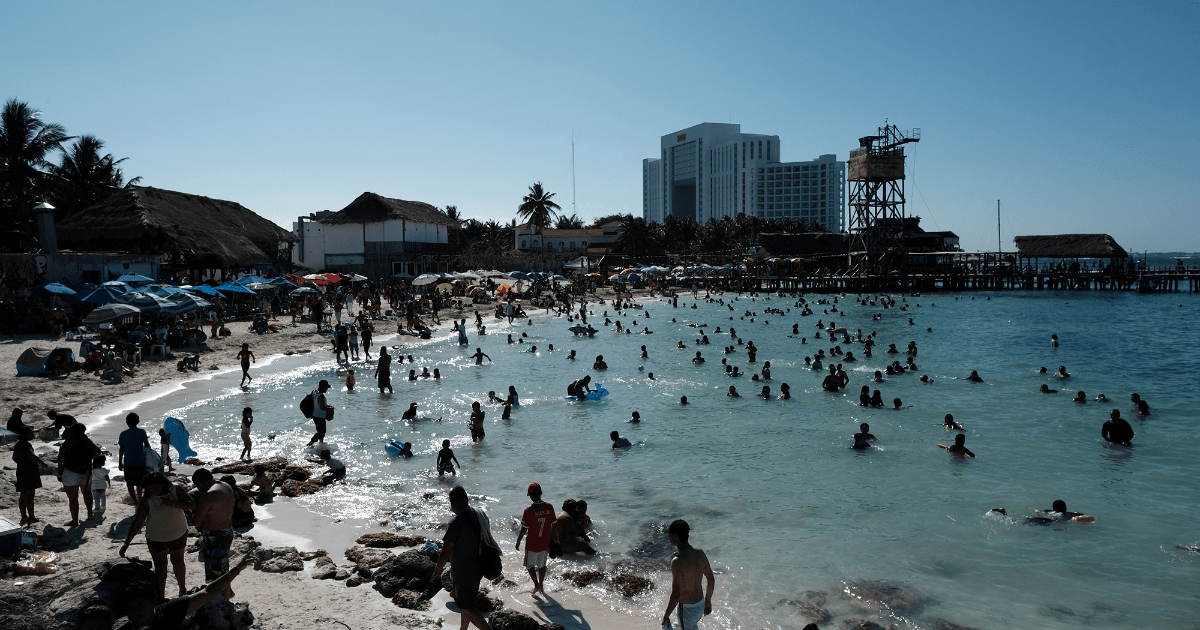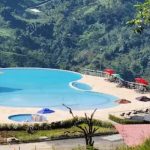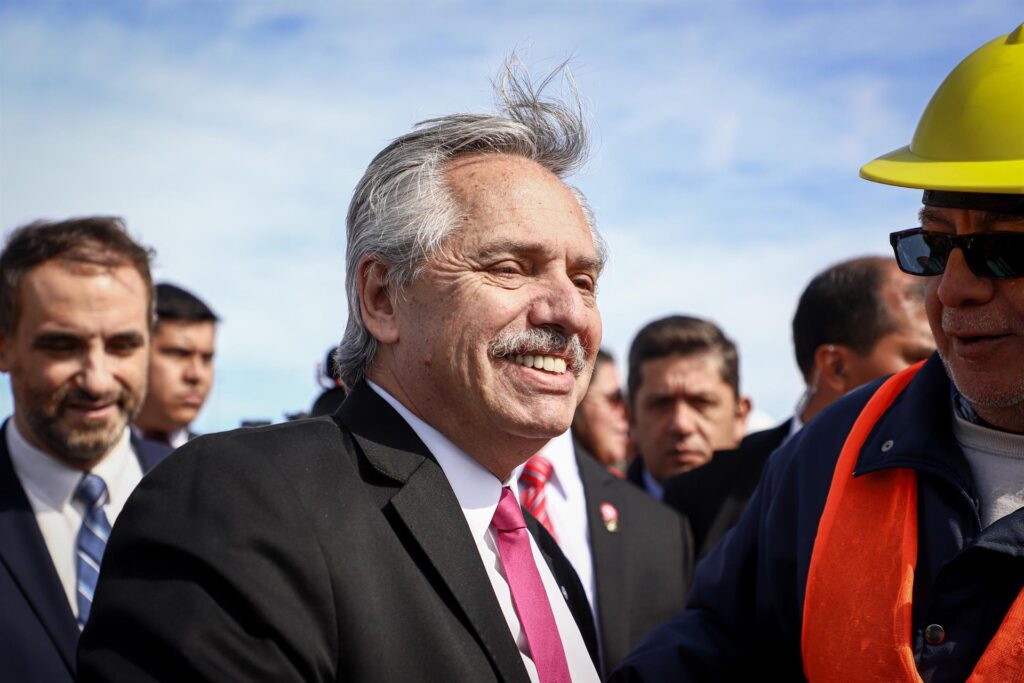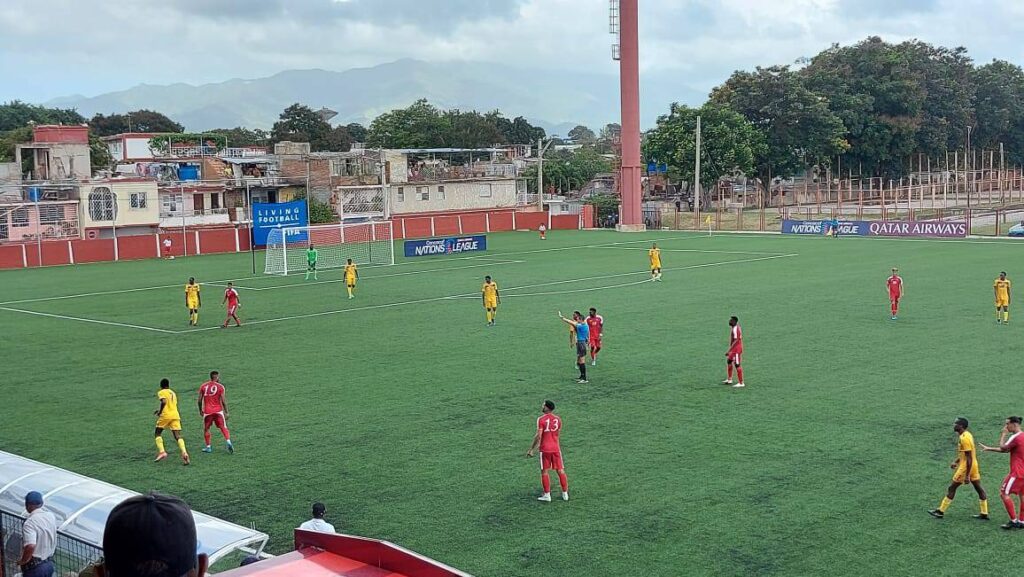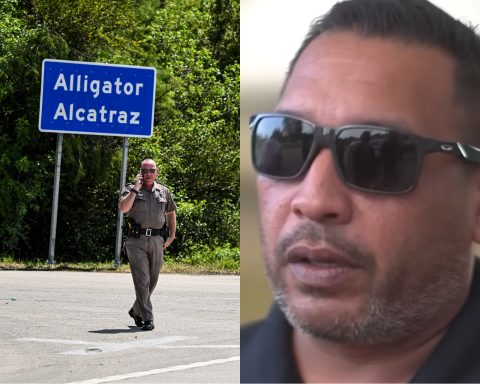Cancun, QR. The Riviera Maya Hotel Association signed its accession to the Glasgow Declaration: a commitment to a decade of climate action in tourism.
This declaration has the purpose of leading and harmonizing the climate action of all tourism agents in the Riviera Maya, including government and institutional entities, donors and financial institutions, international organizations, civil society, the private sector and academic circles.
As signatories, says the association, we commit to submit climate action plans within 12 months of signing and to put them into practice. If we already have plans, we commit to update or implement them within the same period in line with this statement.
The body of hoteliers undertakes to report publicly on the progress achieved in relation to the medium and long-term objectives, as well as the measures adopted, at least once a year.
They add that to ensure that climate actions will be consistent throughout the tourism sector, since they will revolve around five axes: measurement; measure and report all emissions related to travel and tourism. Ensure that our methodologies and tools are in line with the guidelines of the United Nations Framework Convention on Climate Change (UNFCCC) on measurement, reporting and verification, and that they are transparent and accessible.
- Decarbonization: Determine and meet targets aligned with climate science to accelerate the decarbonization of tourism. This includes transportation, infrastructure, accommodation, activities, food and beverages, and waste management. Although the compensation may play a secondary role, it must be complementary to the actual reductions.
- Regeneration: restore and protect ecosystems, enhancing nature’s ability to capture carbon, as well as safeguarding biodiversity, food security and water supplies. Since a large part of tourism takes place in regions that are particularly vulnerable to the impacts of climate change, ensure that the sector can support affected and at-risk communities to improve their resilience, adaptation and response to disasters. Help visitors and receiving communities to enjoy a better balance with nature.
- Collaboration: Share evidence of risks and solutions with all agents and our guests, and work to ensure that our plans are as effective and coordinated as possible. Strengthen governance and capacity for action at all levels, including among national and subnational authorities, civil society, large companies and small and medium-sized enterprises (SMEs), vulnerable groups, local communities and visitors.
- Financing: Ensure that the resources and capacity as an organization are sufficient to meet the goals set out in climate plans, including funding for training, research, and the implementation of effective policy and fiscal tools where needed to accelerate the transition”, reads the declaration of accession.
kg
